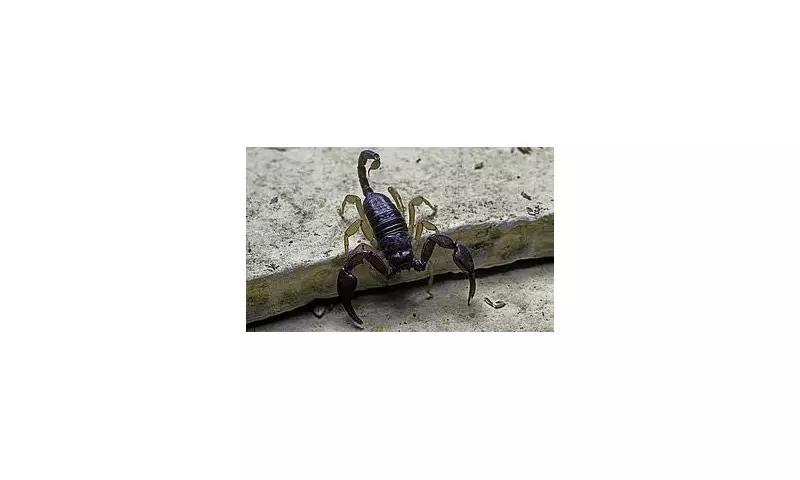
Think Britain's wildlife is harmless? Think again. Experts have revealed that some of our smallest creatures pack a potentially deadly punch that could land you in hospital.
The Oak Processionary Moth: A Hairy Hazard
This innocent-looking caterpillar has been identified as one of Britain's most dangerous critters. The oak processionary moth's tiny hairs contain a potent toxin that can cause severe breathing difficulties, skin rashes, and even anaphylactic shock in vulnerable individuals.
Why they're so dangerous: Their microscopic hairs break off easily and become airborne, posing a risk to anyone nearby, particularly children and pets who might investigate these curious crawling creatures.
Asian Hornets: The Invading Stingers
These unwelcome visitors from continental Europe are establishing footholds in southern England. While their stings aren't typically fatal to most people, multiple stings can be life-threatening, and they pose a significant danger to those with allergies.
"We're seeing more sightings each year," warns one entomologist. "Their aggressive nature when defending nests makes them particularly concerning."
Ticks: Tiny But Troublesome
Don't let their size fool you—these minuscule parasites can transmit Lyme disease, which if left untreated can lead to chronic health problems. With tick populations increasing across the UK, walkers and gardeners need to be increasingly vigilant.
False Widow Spiders: Britain's Most Venomous
The noble false widow spider has earned its reputation as the UK's most venomous arachnid. While deaths are extremely rare, their bites can cause severe pain, swelling, and in some cases, require hospital treatment.
Protection tips from the experts:
- Wear gloves when gardening
- Check pets after woodland walks
- Learn to identify dangerous species
- Seek medical attention for severe reactions to bites or stings
While the risk of serious harm remains low for most people, awareness and caution are your best defences against Britain's tiny terrors. The message from experts is clear: respect our smallest wildlife, and you'll stay safe while enjoying the great British outdoors.





